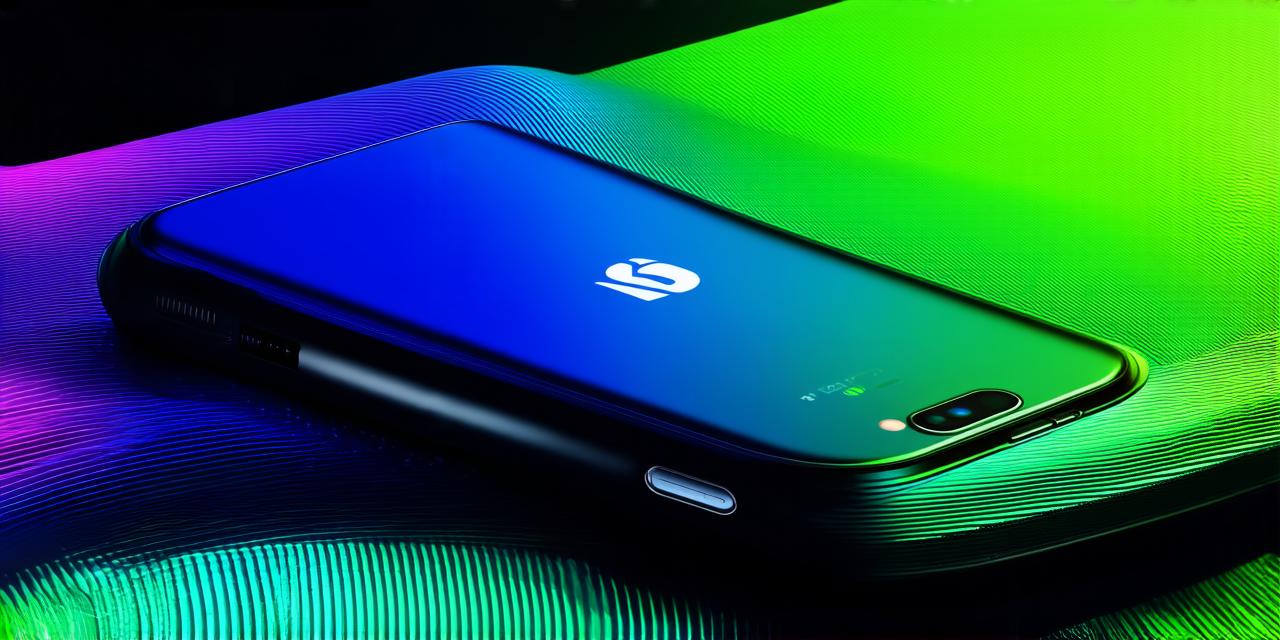As an android developer, you are probably aware of the frustration that comes with ads on your device. Whether it’s pop-ups, banners, or interstitials, ads can significantly slow down the performance of your app and negatively impact user experience. In this article, we will explore ways to efficiently block ads on your android device and provide you with a guide on how to do so.
Introduction: The Problem with Ads on Android Devices
Ads are an essential aspect of the monetization strategy for many apps and games. However, they can be quite intrusive and annoying for users, leading to frustration and even uninstallation of the app. In some cases, ads can also negatively impact the performance of your device and slow down the overall user experience.
Method 1: Using Third-Party Apps
One of the most popular ways to block ads on an android device is by using third-party apps. There are numerous ad-blocking apps available on the Google Play Store that can help you block ads on your device. Some of these apps use a variety of techniques such as filtering, blacklisting, and whitelisting to block ads.
Some of the most popular ad-blocking apps for android include AdGuard, Blockada, and UBlock Origin. These apps are highly customizable and allow you to control which ads to block and which to allow through. They also provide detailed reports on the ads that have been blocked and the amount of data saved.
Method 2: Modifying Device Settings

Another way to block ads on an android device is by modifying the device settings. This method involves changing the privacy settings of your device to prevent apps from accessing certain information about you.
To disable interest-based advertising, follow these steps:
- Open the “Settings” app on your device.
- Scroll down and tap on “Privacy.”
- Tap on “Interest-Based Advertising.”
- Toggle the switch to the off position.
By disabling interest-based advertising, you can significantly reduce the number of ads that appear on your device. However, keep in mind that this method may not work for all apps and may not completely eliminate all ads from your device.
Method 3: Using a VPN
A VPN (Virtual Private Network) is another way to block ads on an android device. A VPN works by encrypting your internet traffic, making it difficult for advertisers to track your online activity and show you ads based on your browsing history.
Some of the most popular VPNs for android include ExpressVPN, NordVPN, and CyberGhost. These VPNs provide fast, reliable connections and allow you to connect to servers from different locations around the world. By connecting to a server in another country, you can effectively block ads that are targeted towards your current location.
Method 4: Using Browser Extensions
If you prefer to use a browser rather than an app to browse the internet, then using browser extensions is a great way to block ads on your device. There are numerous ad-blocking browser extensions available for popular browsers such as Google Chrome and Mozilla Firefox.
Some of the most popular ad-blocking browser extensions include AdGuard, uBlock Origin, and Malwarebytes. These extensions work by filtering out ads from the web pages you visit and can significantly improve your browsing experience.
Conclusion: How to Efficiently Block Ads on Your Android Device
In conclusion, there are several methods that developers can use to efficiently block ads on their android devices. These methods include using third-party apps, modifying device settings, using a VPN, and using browser extensions. By using one or more of these methods, you can significantly reduce the number of ads that appear on your device and improve your overall browsing experience.

FAQs:
1. Is it legal to use ad-blockers on android devices?
It is not illegal to use ad-blockers on android devices. However, some websites may block users who are using ad-blockers, as this can negatively impact their revenue stream.

2. What happens if I disable interest-based advertising on my device?
Disabling interest-based advertising on your device will prevent apps from showing you ads based on your browsing history and interests. However, some apps may still show you ads regardless of this setting, as they rely on other forms of data to target their ads.
3. Can using a VPN improve the performance of my device?
Using a VPN can improve the performance of your device by reducing the amount of data that is transmitted over the internet. This can help reduce buffering and lag when streaming videos and playing games on your device.
4. Are there any risks associated with using ad-blockers on android devices?
There are some risks associated with using ad-blockers on android devices. For example, some ad-blockers may block important ads that are necessary for the functionality of certain apps. Additionally, some ad-blockers may be infected with malware, which can compromise your device and steal your personal information. It is important to use a reputable ad-blocker and keep it updated to mitigate these risks.
